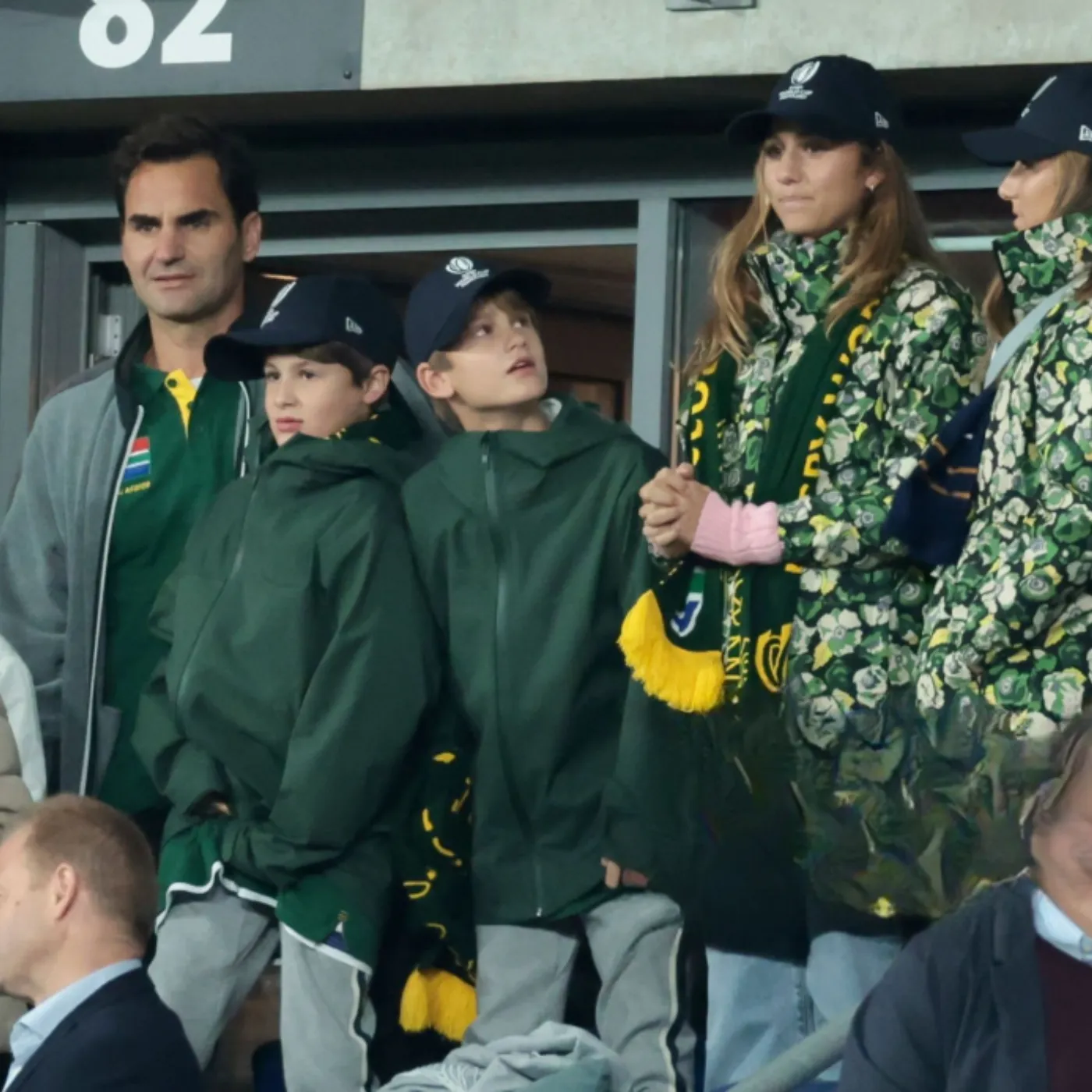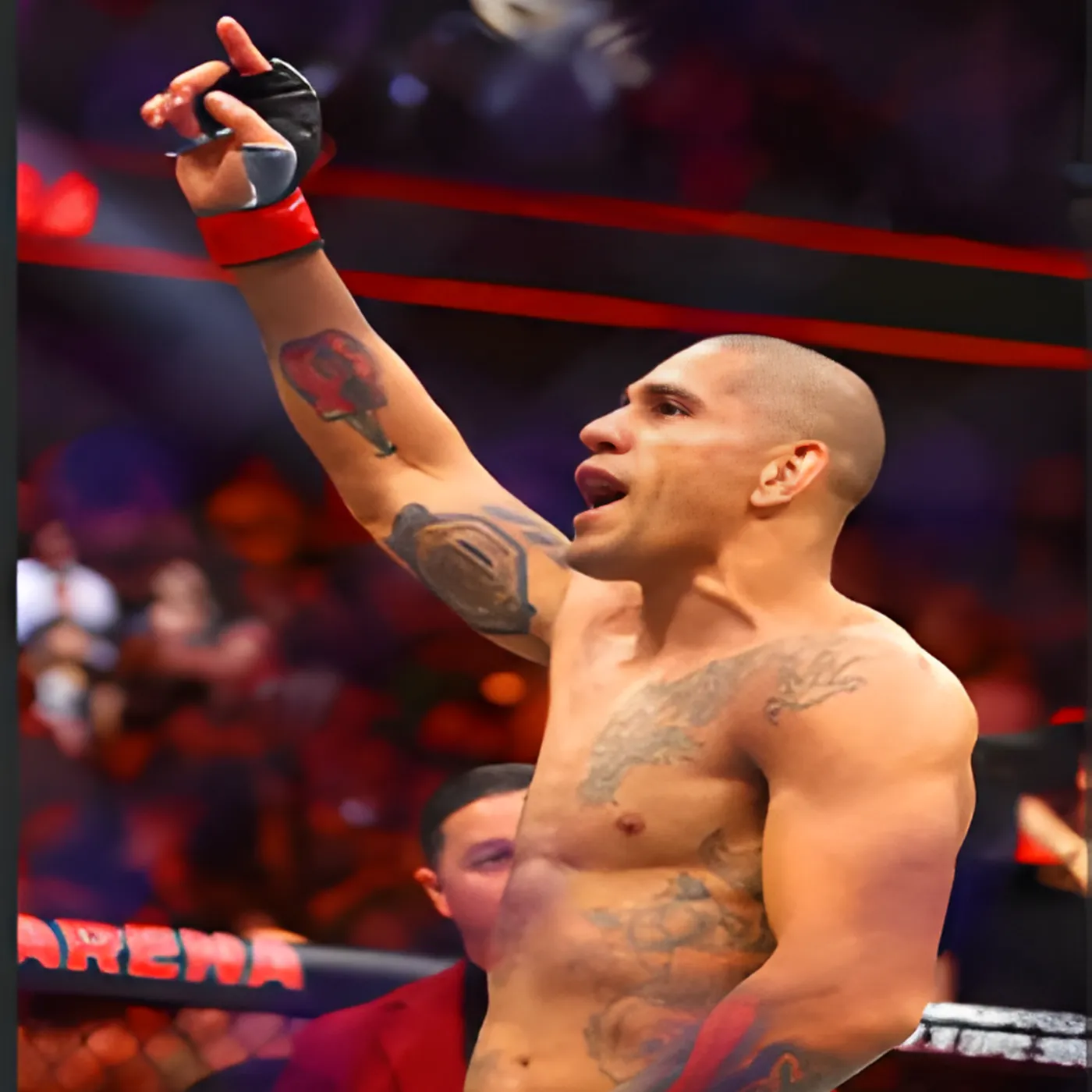
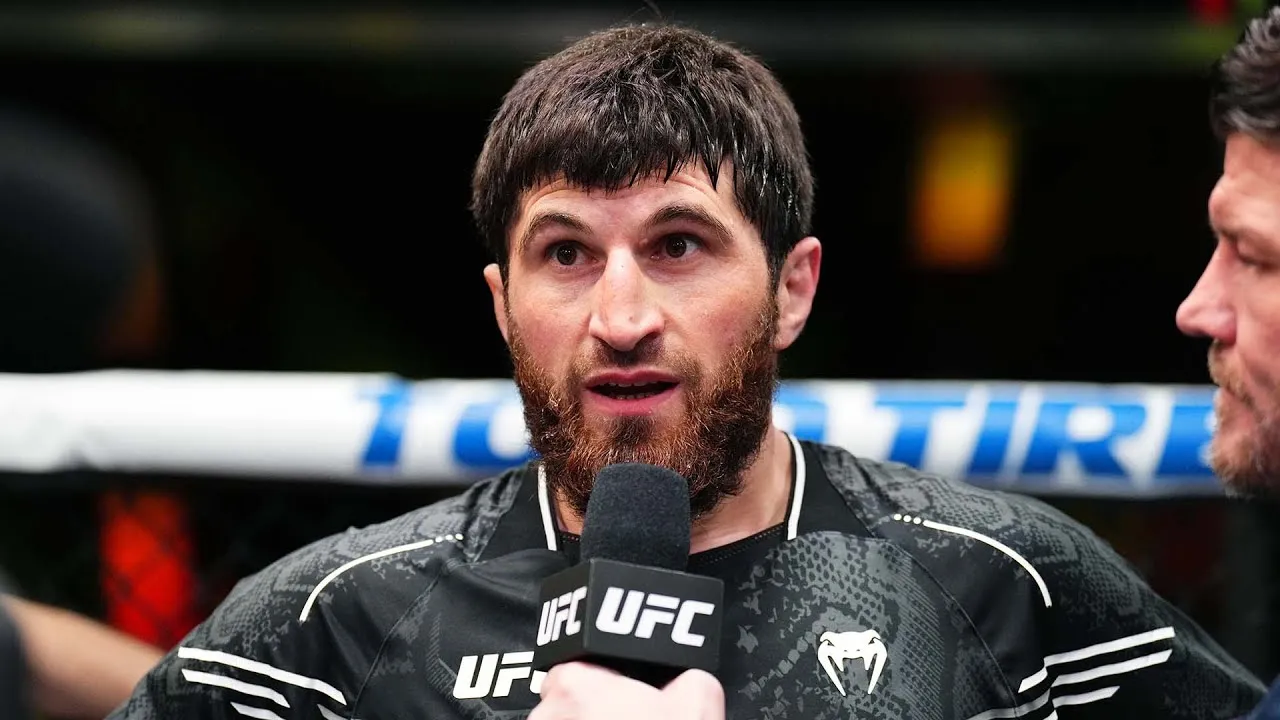
Alex Pereira criticizes Magomed Ankalaev for lying and not fasting during Ramadan as he said
The anticipation surrounding UFC 313 has reached new heights, not only because of the light heavyweight title bout between reigning champion Alex Pereira and top contender Magomed Ankalaev but also due to the heated verbal exchanges leading up to the fight. What started as typical fight hype has now evolved into a deeper discussion about religion, personal beliefs, and the boundaries of psychological warfare in combat sports.
Pereira, never one to shy away from controversy, has taken aim at Ankalaev’s adherence to Ramadan fasting, questioning whether his opponent is genuinely observing the Islamic practice. This unexpected angle has stirred a wave of debate within the MMA community, raising concerns about cultural sensitivity, mind games, and the ethics of personal attacks in sports.
The Build-Up to UFC 313: When Trash Talk Gets Personal
Pereira’s Provocative Remarks
In a surprising pre-fight twist, Alex Pereira accused Magomed Ankalaev of not properly observing Ramadan, a sacred month in Islam that requires fasting from dawn to sunset. Pereira made these claims after allegedly seeing meal boxes labeled with Ankalaev’s name while picking up his own UFC-provided food.
“Today I went to get my meal box [prepared by the UFC], and there were two meal boxes with his name on them and a clear schedule on them,” Pereira stated. “He is not doing it [fasting]. He is deceiving everyone and talking about it as an excuse.”
By making these comments, Pereira is not just questioning Ankalaev’s dedication to his faith—he is implying that the Dagestani fighter may use fasting as an excuse if he loses at UFC 313. This remark instantly sparked controversy, with many questioning whether such tactics cross the line of fair psychological warfare.
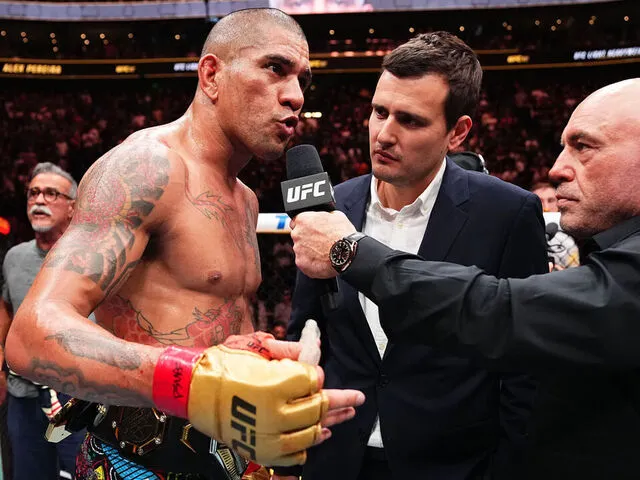
Ankalaev’s Response: Dismissing the Distraction
Magomed Ankalaev did not let Pereira’s comments go unanswered. The Dagestani powerhouse, known for his stoic demeanor and Sambo-based fighting style, dismissed the accusations in a media interview.
“It seems he is worried, so he keeps mentioning these things,” Ankalaev responded. “I had to stop fasting a few times because there were things I needed to do to cut weight for the fight. If he went to the refrigerator and saw my meal boxes there, if he wants, he can take them.”
With this statement, Ankalaev calmly addressed the situation while subtly throwing shade at Pereira’s concerns. Weight cutting during Ramadan is a common issue among Muslim fighters, and many seek religious exemptions to manage their training and diet leading up to fights. For Ankalaev, this is simply a non-issue—but Pereira’s insistence on bringing it up suggests a deeper psychological play.
Religion in MMA: An Ongoing Discussion
This controversy isn’t just about two fighters trading verbal blows—it’s part of a larger discussion about the intersection of faith and fighting. Throughout MMA history, religion has played a significant role in shaping fighters’ mindsets, behaviors, and career choices.
Faith as a Driving Force
Fighters like Khabib Nurmagomedov and Muhammad Ali have openly expressed their faith, integrating it into their public personas and using it as a source of strength. For many fighters, religious discipline and combat discipline go hand in hand, helping them stay mentally strong and focused.
For Ankalaev, Ramadan fasting is part of his faith, but it’s also a practical challenge when preparing for a high-stakes fight. Weight cutting is already one of the most difficult aspects of MMA, and fasting only adds another layer of complexity. Yet fighters like Ankalaev have found ways to balance their religious beliefs with their professional obligations, often adjusting their training and diet as needed.
Trash Talk vs. Cultural Sensitivity
Pereira’s comments have drawn mixed reactions from the MMA community. Some argue that psychological warfare is a normal part of the sport, and Pereira is simply trying to get inside Ankalaev’s head. Others believe that bringing religion into the conversation crosses an ethical line, potentially alienating fans and creating unnecessary tensions.
It’s one thing to challenge an opponent’s fighting ability, toughness, or mindset, but questioning their faith? That’s a gray area where even seasoned trash talkers usually tread carefully.
Psychological Warfare: Does It Work?
There’s no doubt that mind games play a role in combat sports. Fighters like Conor McGregor, Chael Sonnen, and Colby Covington have mastered the art of trash talk, using it to unsettle opponents and hype up fights. However, Pereira’s tactics against Ankalaev are different from standard trash talk.
Does this put more pressure on Ankalaev?
By publicly questioning Ankalaev’s faith, Pereira is forcing him into a defensive position before the fight even starts. If Ankalaev acknowledges the comments, he risks getting distracted from his training and preparation. If he ignores them, Pereira can claim he “won” the mental battle.
However, Ankalaev has shown little emotional reaction to the controversy. Known for his calm and collected demeanor, he seems unfazed by Pereira’s remarks and is instead focusing on his fight strategy.
Could This Backfire on Pereira?
While mind games can sometimes break an opponent, they can also backfire spectacularly. Many fighters have used trash talk as motivation, turning their anger into fuel for a dominant performance. If Ankalaev channels this controversy into aggression, Pereira could find himself facing an opponent who is more focused and dangerous than ever.
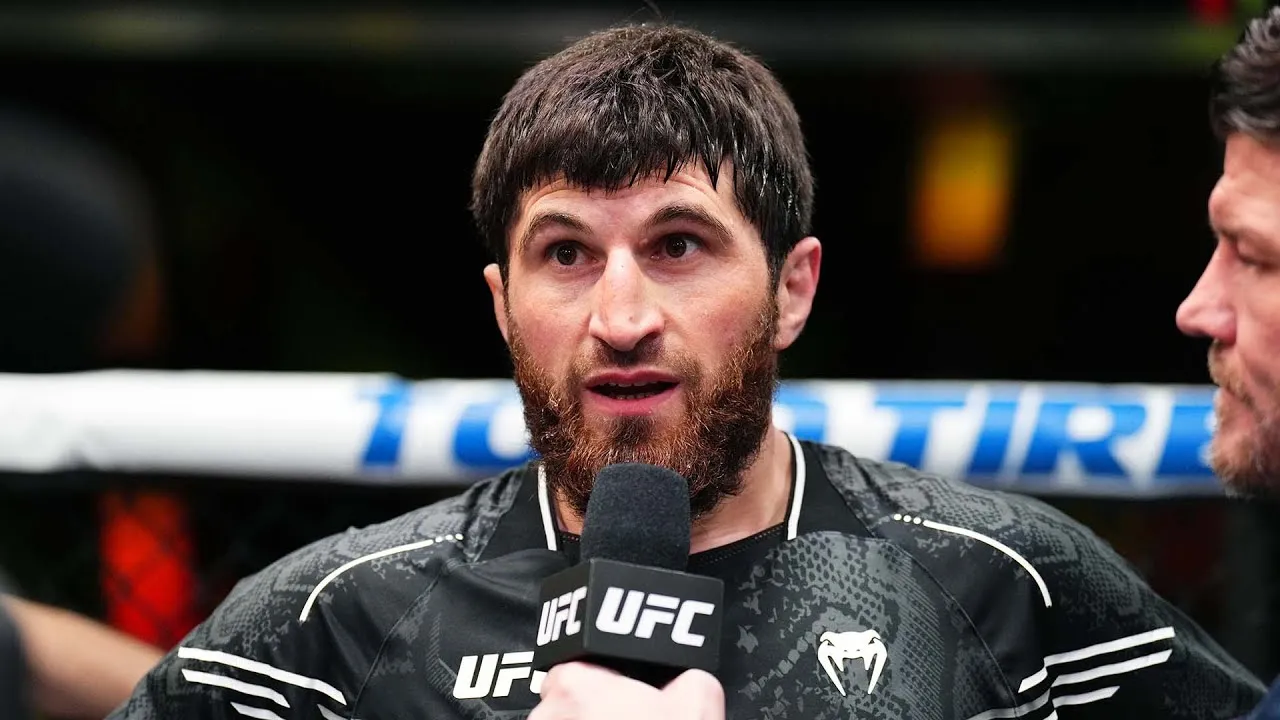
What This Means for UFC 313
With all the pre-fight drama, UFC 313 has become even more compelling. This fight was already an important title defense for Pereira and a potential career-defining moment for Ankalaev—now there’s an added personal element that makes the stakes even higher.
Fighter Strengths and Weaknesses
-
Alex Pereira:
- Strengths: Elite striking, knockout power, championship experience
- Weaknesses: Grappling defense, stamina in wrestling-heavy fights
-
Magomed Ankalaev:
- Strengths: Sambo-based grappling, wrestling control, durability
- Weaknesses: Striking defense, ability to handle elite power punchers
If the fight stays standing, Pereira has the clear advantage with his world-class kickboxing background. However, if Ankalaev implements a grappling-heavy game plan, he could neutralize Pereira’s power and grind out a victory.
What’s at stake?
- For Pereira: A win cements his status as the undisputed light heavyweight king, adding another defense to his resume.
- For Ankalaev: A victory would make him the first Dagestani light heavyweight champion, continuing the Dagestani dominance in the UFC.
Final Thoughts: Will the Mind Games Matter?
In just a few days, we’ll see whether Pereira’s psychological tactics had any impact or if Ankalaev remains unaffected by the controversy. Regardless of the outcome, this fight has already left its mark—raising questions about the role of religion, mind games, and cultural respect in combat sports.
One thing is for sure: UFC 313 just became one of the most must-watch events of the year.









